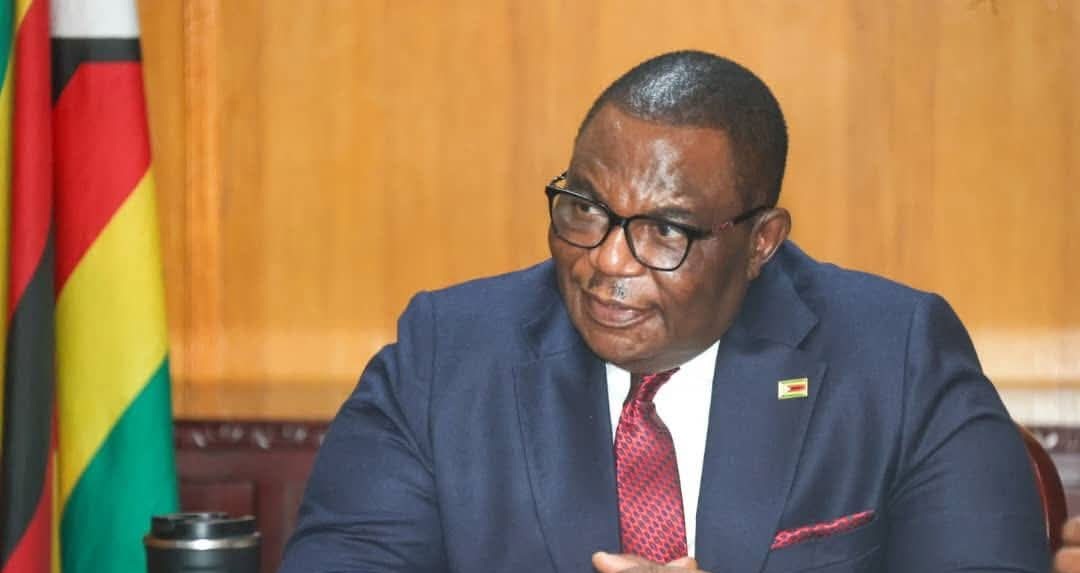HARARE – Zimbabwe’s diplomatic re-engagement effort is set to gain further momentum this week as Vice President General (Rtd) Dr Constantino Chiwenga travels to Johannesburg to represent President Emmerson Mnangagwa at the G20 Leaders’ Summit—one of the most influential platforms in global economic governance.
The invitation, confirmed by Charge d’Affaires Mr Shephard Gwenzi, signals growing international acknowledgement of Zimbabwe’s ongoing economic reforms under the Second Republic. Although not a G20 member, Zimbabwe’s participation places Harare closer to major global policy debates shaping trade, investment, technology, security cooperation, and development finance.
Vice President Chiwenga is expected to arrive on Thursday and will hold bilateral talks with South Africa’s Vice President Paul Mashatile on the sidelines of the summit. The discussions are expected to strengthen collaboration in key strategic areas including trade, energy cooperation, regional security, and cross-border labour migration—issues central to Zimbabwe’s current economic strategy.
Political analyst Dereck Goto says Zimbabwe’s appearance at the summit marks a shift in regional diplomacy.
“Zimbabwe is repositioning itself from the periphery of global politics to the centre of high-level decision-making forums,” Goto said. “Even symbolic participation in platforms like the G20 reinforces the narrative that the country is re-entering the global economy with a more assertive foreign policy and long-term reform agenda.”
Goto adds that the move may also help Zimbabwe diversify international partnerships beyond traditional bilateral channels.
“For investors, this signals that Harare is now present in spaces where global capital is directed. It strengthens the case that Zimbabwe is open for business and actively shaping its own economic destiny.”
Zimbabwe’s engagement at the G20 forms part of a broader diplomatic strategy, including deepening BRICS relations, renewed outreach to Western capitals, and expanding economic ties with emerging global powers.
As Harare positions itself for increased international investment and economic cooperation, the summit may serve as a pivotal moment in redefining the country’s global footprint.
